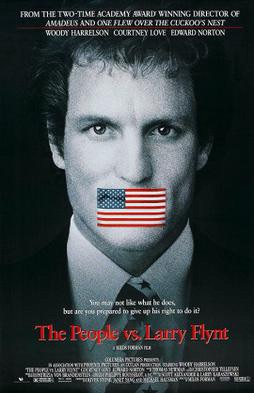It’s seems a tad unfair to use our porcine friends as comic stands in whenever we wish to mock trough consumers of remixed refuse. Pigs are intelligent animals whose biological closeness to human may allow us to use their organs in a pinch. We insult ourselves when we insult pigs.
And yet every time some new form of processed artificial intelligence content drops, we call it slop. Sooie!
Neither pigs nor humans deserve that kind of diet, even if we are both omnivores willing to consume just about anything. Staying alive sometimes requires a bit less discretion in diet.
Presumably so does staying spiritually healthy as well. If there is no Mozart to be had, I’ll take Moby. If there is no Melville then we take a pithy viral tweet. Where is the event horizon of art?
Michael Pollen called it the omnivores dilemma in our food system. When it comes to our art, it doesn’t seem like much of a dilemma. More creation and more tools for creativity are a social good but when it becomes regurgitation and re-ingestion does it not seem liable to make us soul sick?
And yet the industrialization of food has inspired the industrialization of all forms of content. Scale has indeed become the standard way we’ve come to feed our bodies and mind. It was Gut with Gutenberg but where are the limits? Do we even know?
Facebook and OpenAI both released new content creation tools this week that were widely derided as slop factories in my circles.
Of course, I spend my time on the written web amongst producers of the tools that produce the slop. We think we know better and can use these tools wisely. We know what’s in it, or at least we have the know how that programs the machines extrude it. Some of us have some sense of the original material but precious few.
The engineers who built the Doritos factory probably enjoy a cheesy corn chip too even if they can afford aged cheddar thanks to pay which came with popularity of their creation. Imagine how a medieval peasant would have felt encountering that much extreme nacho cheesiness.
The intelligentsia of the written web like Substack, Twitter and Reddit (admittedly that being an intelligentsia is a funny conceit) presumes the unwashed TikTok, Reels and Shorts masses have no taste and will consume anything and without end.
Video? How gauche! But isn’t it just so funny when our elders can’t tell the video of the lady breaking the bridge with a rock isn’t real. Ha ha! Stupid oldsters. We don’t realize soon we won’t be able to tell either. Walter Benjamin knew it was coming. He aura farmed too.
My brother told me recently that our grandmother worked in a hotdog factory and refused to eat processed meat for the rest of her life. I also won’t eat hot dogs or sausages so maybe the sense memory runs deep.
I admit that I feel the same way about encased meats as I do about short form video content. No amount of condiments or “answering to a higher authority” will entice me into consuming the stuff. ConAgra owns Hebrew National now and they answer to the stock market not God.
Even if there are artisanal varietals of processed meats (and processed content), I struggle with the ease with which it bypasses my satiety filters. We have peptides for overconsumption of food but not yet overconsumption of dopamine.
It’s fine if we crave whole meats and whole books. Or at least a long form essay. Something can be created with the finest ingredients carefully sourced and prepared by caring hands. And yet we know man cannot live on tweets and sausage alone. Pigs probably shouldn’t either. Sooie!!!!





